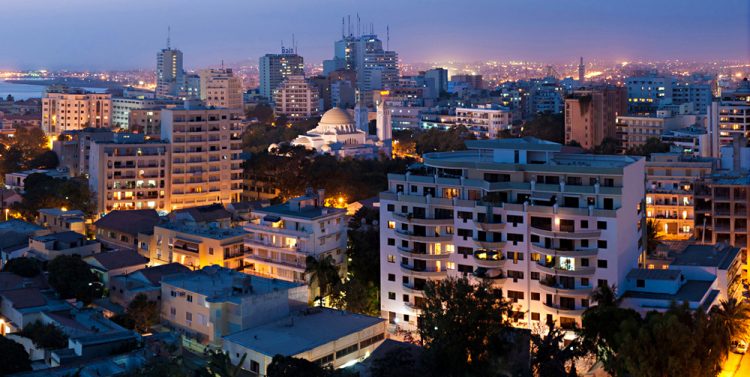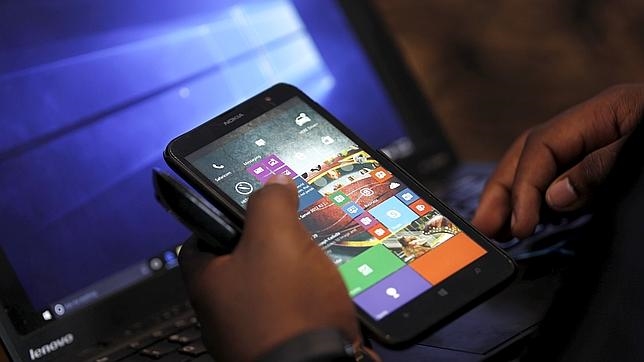
Traffic congestion, transport costs, and physical and mental exhaustion: in many African cities, transportation conditions have become a major obstacle to productivity and employee engagement. Remote work, once seen as a luxury reserved for large multinational companies, is now a practical and accessible solution.
1. Why Remote Work is Becoming Vital in Francophone Africa
In cities like Abidjan, Dakar, Douala, or Conakry, daily commute times often exceed 2 hours.
This logistical stress leads to chronic fatigue, progressive disengagement, and a decline in performance.
Today, access to remote work is a strong expectation among young professionals and technical profiles, even outside the major capitals.
2. 3 Hybrid Models Adapted to African Realities
- 2 days in the office, 3 days remote: ideal for autonomous roles (e.g., accounting, marketing, tech support), with weekly team check-ins.
- 4 days in the office, 1 day remote: perfect for companies looking to test the model gradually without disrupting their logistics.
- 5 days in the office, 5 days remote, alternating weeks: useful for employees living far away or in secondary cities, while maintaining strong team bonding.
3. Management Tools to Keep Control
- Set up weekly performance indicators.
- Implement managerial rituals: Monday check-ins, Friday reviews, written feedback.
- Use simple tools: Google Workspace, Trello, WhatsApp Pro, Notion.
👉 Check out this Talent2Africa Guide – Organizing Remote Work Without Losing Control.









